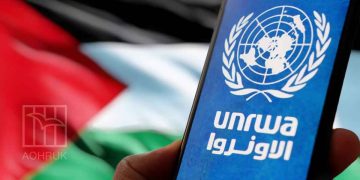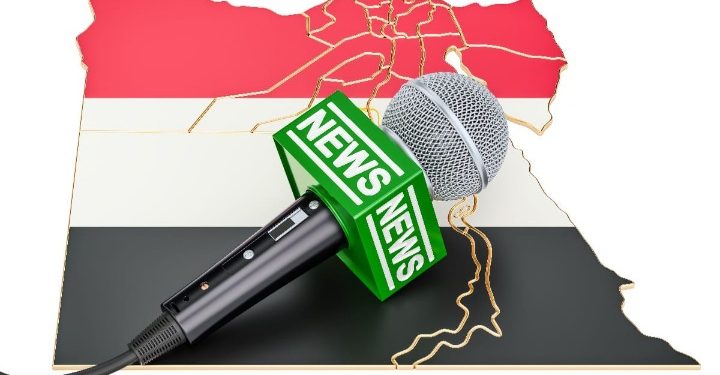The Egyptian Journalists Syndicate issued a statement urging the authorities to halt arrests and restrictions on journalists, demanding the release of 23 journalists in light of the growing difficulties facing Egyptian journalists and raising human rights demands for the importance of upholding freedom of expression and safeguarding the right to access information.
The Journalists Syndicate expressed its profound concern about the rise in repressive practices that limit media freedom and called for the release of 23 journalists who were detained, in accordance with international human rights standards that highlight the importance of maintaining press freedom and providing a secure and independent environment for media professionals.
The Syndicate addressed the growing abuses against workers in this industry, demanding an end to these practices and upholding journalists’ rights to operate in a democratic environment that permits freedom of expression and offers trustworthy information sources to the public.
The Syndicate brought up the case of journalist Ahmed Bayoumi, who has been in pretrial detention since his arrest in September of last year. He was subjected to a 47-day enforced disappearance before showing up at the Supreme State Security Prosecution’s headquarters, where his detention was extended without any specific charges or adequate legal guarantees.
Since Baoumi is still denied his fundamental right to self-defense, his case serves as an illustration of procedures that raise questions about the use of pretrial detention as a means of silencing dissenting voices.
Stressing that this measure restricts freedom of the press and makes it more difficult for citizens to access a variety of information sources, the Syndicate urged the authorities to lift the blocking of journalistic websites that are blocked for unclear reasons, like the “Cairo 24” website.
Meanwhile, it emphasized the necessity of protecting journalist Rasha Azab, who has been repeatedly harassed and violated, endangering both her personal safety and her freedom of expression.
Azab had complained to the Syndicate about being threatened and being chased, which started long before her car was taken.
The Syndicate of Journalists’ demands to protect Rasha Azab, launch a thorough investigation into the circumstances of the repeated violations she faces, and hold those responsible accountable were restated by the Syndicate’s Freedoms Committee in its report to the Attorney General and the Minister of Interior.
However, in case number 339 of 2022, Supreme State Security Investigation, journalist Yasser Abu Al-Ela was sentenced to life in prison “in absentia” yesterday, Sunday, by the Egyptian Terrorism Criminal Court, which is located at the Badr Courts Complex. He is charged with “joining a terrorist group and publishing false news and statements,” which are accusations used by the Egyptian regime to hunt down its critics.
While he was awaiting trial in a prior case from 2015, security forces detained Yasser Abu Al-Ela from his residence on March 10. Since then, he has been missing.
In a previous statement, Abu Al-Ela confirmed that he had been held in a National Security headquarters for over 50 days, during which time he had been tortured physically and psychologically and subjected to various forms of coercion. He has not yet had the medical examination that his defense team requested in order to identify any remaining signs of torture on his body.
Given that Abu Al-Ela’s right to a fair trial—a right protected by international conventions—was blatantly violated by his absence from the trial sessions and his incapacity to defend himself, the Syndicate characterized the decision as a glaring example of disrespect for proper legal procedures.
Since international conventions stress the importance of ensuring press freedom and journalists’ safety while they disseminate information and express public opinion, protecting journalists is one of the most significant human rights protected by international law. The International Covenant on Civil and Political Rights and the Universal Declaration of Human Rights both state that improving transparency and attaining social justice depend on the freedom of expression and information access.































